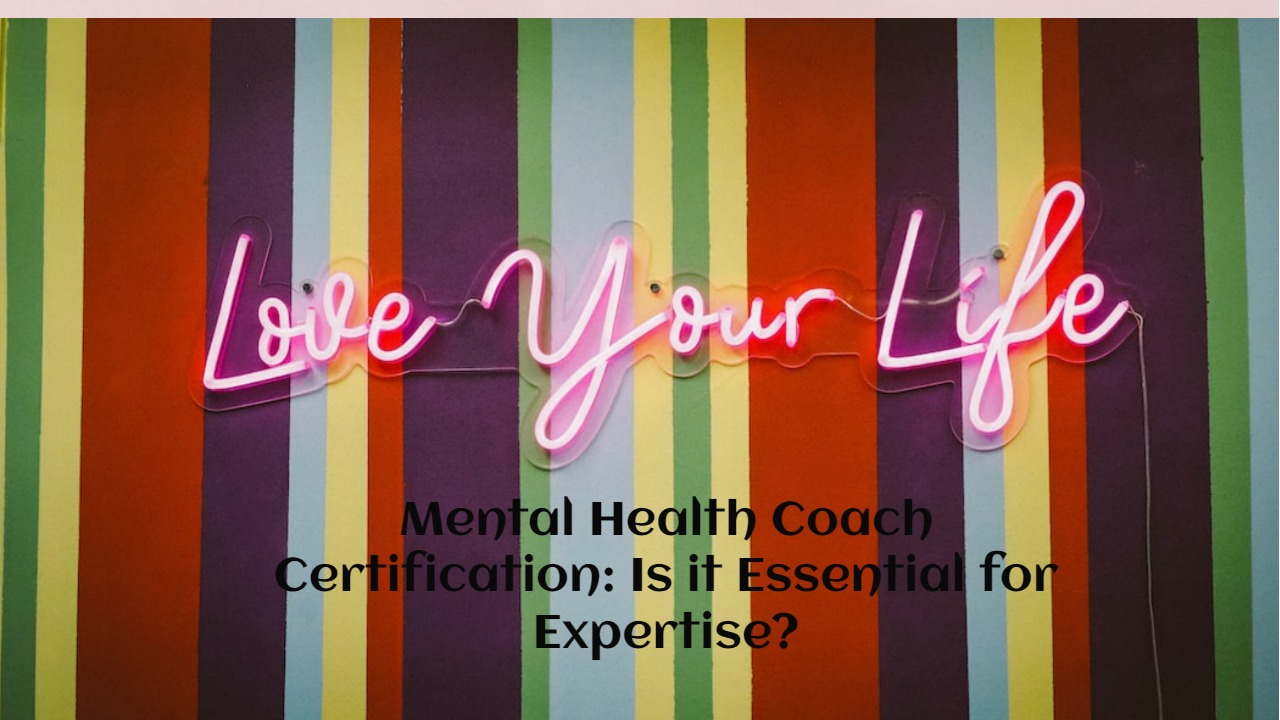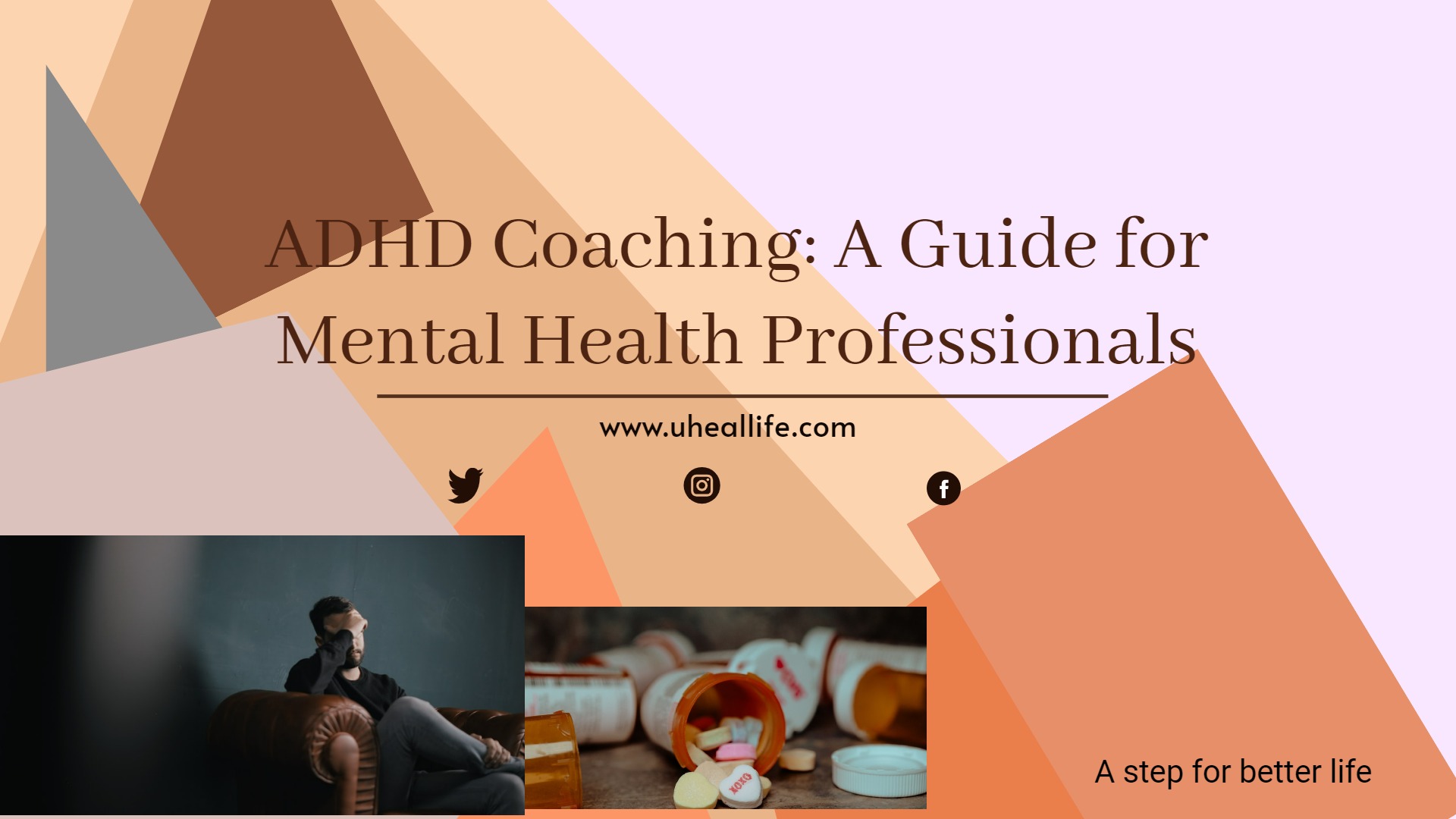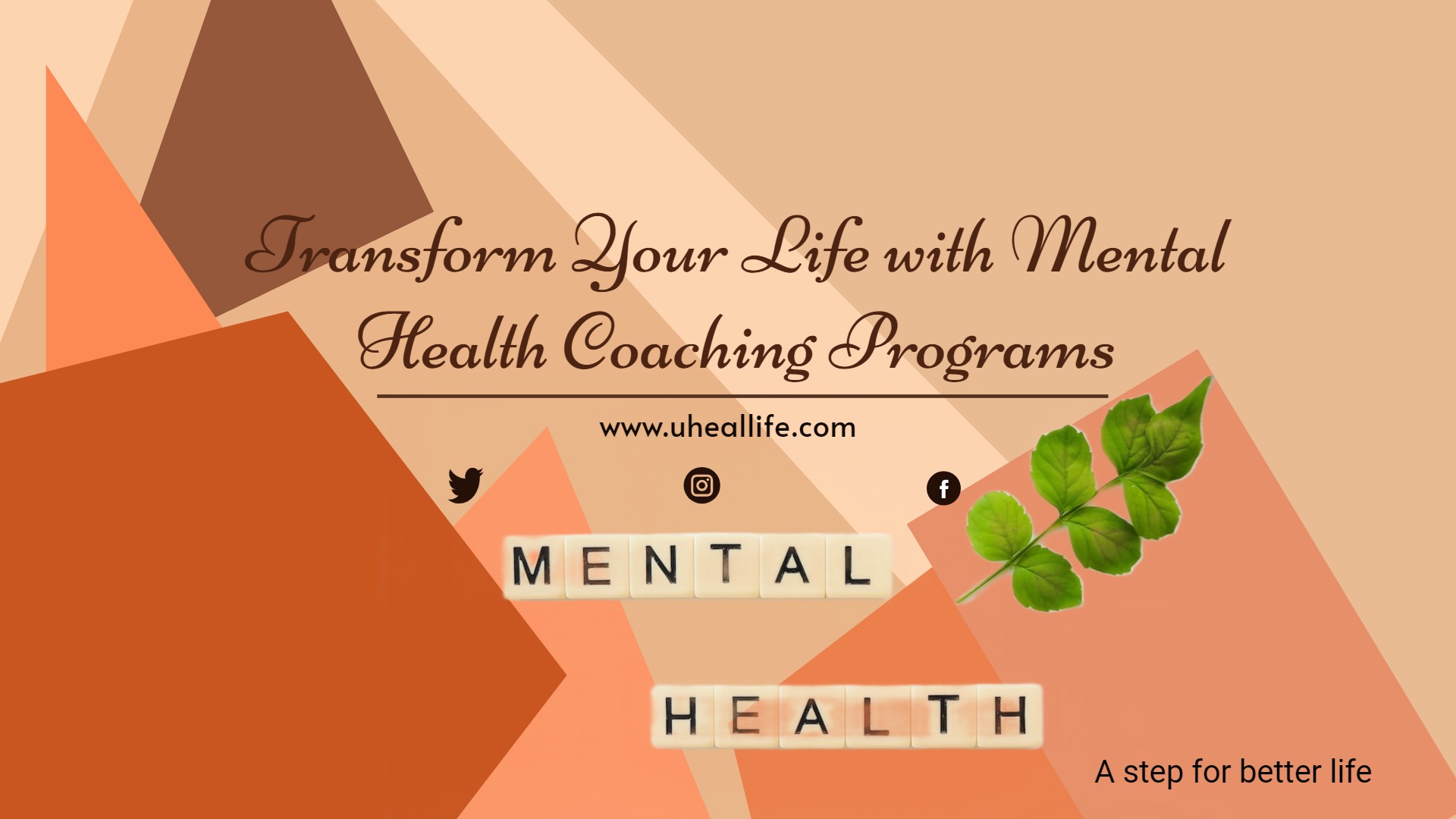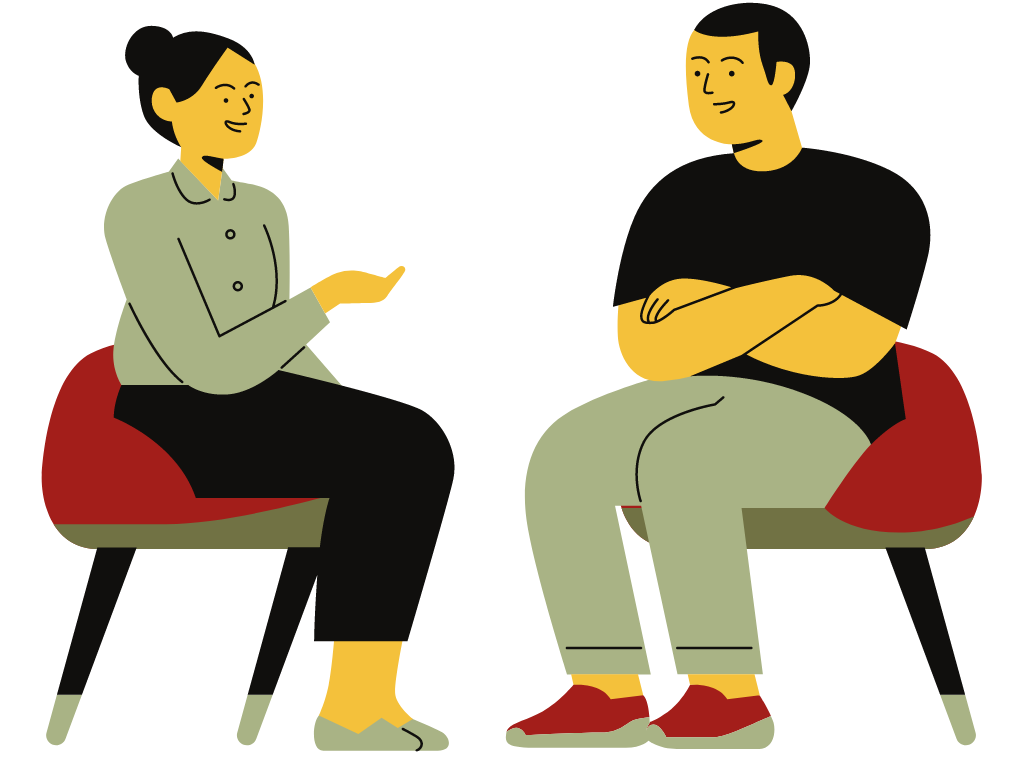The Best Foods to Eat Before Bed for Better Sleep
Getting a good night’s sleep is essential for our physical and mental health. But for many people, sleep can be elusive. If you’re one of those people, you may be wondering if what you eat before bed has anything to do with it.
The truth is, it does. There are certain foods that can help you sleep better, and there are others that can interfere with sleep. In this article, we’ll take a look at the best foods to eat before bed for better sleep.
Foods that Promote Sleep
There are a number of foods that contain nutrients that are known to promote sleep. These include:
- Tryptophan is an amino acid that the body needs to produce melatonin, a hormone that helps regulate sleep. Good sources of tryptophan include turkey, chicken, fish, eggs, dairy products, bananas, and nuts.
- Magnesium is a mineral that helps to relax the body and mind. Good sources of magnesium include leafy green vegetables, nuts, seeds, and whole grains.
- Calcium is another mineral that helps to relax the body. Good sources of calcium include dairy products, leafy green vegetables, and fortified foods.
- Melatonin is a hormone that helps regulate sleep. It is produced by the body in response to darkness. You can also get melatonin from certain foods, such as tart cherries, bananas, and walnuts.
Foods to Avoid Before Bed
There are also a number of foods that can interfere with sleep. These include:
- Caffeine is a stimulant that can keep you awake. It is found in coffee, tea, soda, and chocolate.
- Alcohol may help you fall asleep initially, but it can disrupt sleep later in the night.
- Spicy foods can irritate the digestive system and make it difficult to sleep.
- Heavy meals can make it difficult to fall asleep and can also cause heartburn.
How to Eat for Better Sleep
If you’re looking to improve your sleep, it’s important to make sure you’re eating the right foods. Here are a few tips:
- Eat a light meal or snack before bed. A small amount of protein and carbohydrates can help promote sleep.
- Avoid caffeine and alcohol before bed. These substances can interfere with sleep.
- Choose foods that are rich in tryptophan, magnesium, calcium, and melatonin. These nutrients can help promote sleep.
- Eat a regular meal schedule. Eating at the same times each day can help regulate your body’s sleep-wake cycle.
- Avoid eating too close to bedtime. Give your body at least 3 hours to digest your food before going to bed.
By following these tips, you can improve your sleep quality and wake up feeling refreshed and energized.
Additional Tips for Better Sleep
In addition to eating the right foods, there are a number of other things you can do to improve your sleep quality. These include:
- Create a relaxing bedtime routine. This might include taking a warm bath, reading a book, or listening to calming music.
- Make sure your bedroom is dark, quiet, and cool.
- Avoid working or using electronic devices in bed. The blue light emitted from these devices can interfere with sleep.
- Get regular exercise, but avoid exercising too close to bedtime.
- See a doctor if you have chronic sleep problems.









